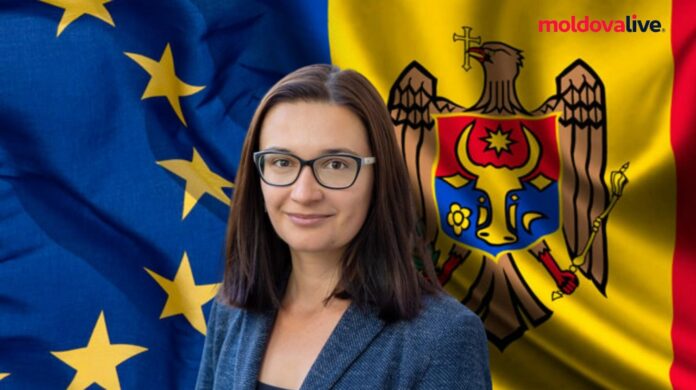Cristina Gherasimov, Deputy Prime Minister for European Integration, emphasized in an interview for IPN that Brussels shows more trust and a far more serious approach to Moldova’s European path than many citizens at home. She pointed out that many Moldovans don’t believe the country can join the EU by 2030.
“We must believe we can succeed—and that we will,” Gherasimov stated. “Obstacles will arise, as expected in such a complex process, but that doesn’t mean we can’t overcome them. EU accession requires effort, perseverance, and solidarity—but it is possible.”
She highlighted that the transformation process touches every part of life, from the individual citizen to state institutions and the market economy. “But before anything else, we must be the ones who believe in our success. We’ve already benefited for many years from our proximity to the EU, but we often take those benefits for granted,” she said.
FOR THE MOST IMPORTANT NEWS, FOLLOW US ON TWITTER!
Gherasimov underscored that many people see these advantages as something that comes naturally. “But the truth is, everything we’ve gained from closer EU ties marks enormous progress. The fact that we no longer wait in long embassy lines and can travel freely with a Moldovan passport is already a major achievement.”
She explained that EU membership would fully open the bloc’s four fundamental freedoms: the free movement of people, goods, capital, and services.
“Since the war in Ukraine began over three years ago, Moldova has managed to maintain peace at home—and we owe that, in part, to support from our European partners,” Gherasimov added. “The EU stands by its members in good times and crises. We received major investments that wouldn’t have come to a country bordering a conflict zone otherwise.”
She stressed that EU support is essential for Moldova’s security, defense, and economic development. “The European Commission already announced a Growth Plan, injecting nearly €2 billion into Moldova’s economy. These funds will boost living standards, drive economic growth, and raise salaries and pensions.”
“The European Union brings opportunity, and we will benefit from it as much as we prepare for it. We still have work to do before becoming a member state, but we already feel the impact of integration here at home,” Gherasimov concluded.


